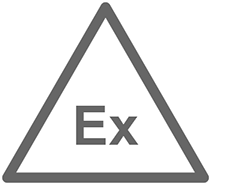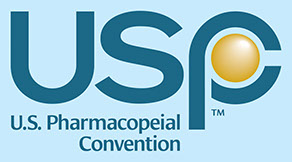1.
2.
3.
4.
5.




RoHS

2.1
Is compliance with standards or regulations required?
Complying with quality-management or regulatory
standards might require certain weighing accuracy,
material standards or certified mechanical or electrical
design features.
In highly regulated industries in which consumer safety is at stake, such as food, cosmetics and pharmaceutical production, it can mean being subjected to frequent audits to prove compliance.
Installations including weigh modules might need compliance with the following standards:
- GMP requirements for accuracy of weighing equipment
- Hazardous areas: ATEX, FM, CSA
- RoHS (Restriction of Hazardous Substances Directive)
- Hygienic design, such as described in IFS, GMP, BRC, EHEDG and other guidelines
- Risk management based on HACCP or similar approaches
Complying with some of those standards means that the entire machine has to comply, not just the weigh module.
Back to the Main Site


RoHS
The U.S. Pharmacopeia Convention (USP) is a scientific nonprofit organization that sets standards for the identity, strength, quality, and purity of medicines, food ingredients, and dietary supplements manufactured, distributed and consumed worldwide. USP’s drug
standards are enforceable in the United States by the Food and Drug Administration, and these standards are used in more than 140 countries
ATEX:
This European Directive regulates the organizational and technical measures for the operators of plants to ensure that in hazardous areas there is no safety risk from explosions for persons working in those areas.
FM, CSA, ISA, UL:
The standards regulating electrical equipment design and construction that ensure safe performance in potentially explosive are developed by Underwriters Laboratories Inc. (UL), Factory Mutual (FM) and International Society for Measurement and Control (ISA). In Canada the construction designed is regulated by the Canadian Standards Association (CSA).
The Restriction of Hazardous Substances Directive 2002/95/EC of the European Union restricts use of hazardous materials in the manufacture of various types of electronic and electrical equipment.
Back to the Main Site

